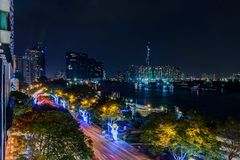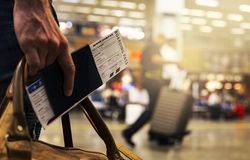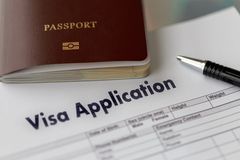In a strategic move to rejuvenate its tourism sector post-pandemic, Vietnam is considering extending visa exemption to more countries. Prime Minister Pham Minh Chinh has ordered the Vietnam Ministry of Public Security to evaluate the addition of 13 countries to the visa-exemption policy based on bilateral cooperation. The move is expected to target the potential
Visa Policy for Vietnam
The visa policy of Vietnam is the list of rules and regulations that decide which visas a foreign visitor needs to travel to the Southeast Asian country.
There are different types of visa for Vietnam. The kind of visa required depends on several factors, including the nationality of the traveler, the purpose of the trip, and the length of the intended period of stay in the country.
The Electronic Visa or E-visa for Vietnam is a multi-purpose visa that can be obtained by completing an online application form. This efficient system enables eligible travelers to acquire a visa quickly without having to go to an embassy in person.
The Vietnam E-visa is available to around 200 different nationalities and grants the holder entry to the country for tourism, business, leisure, study, and a variety of other reasons.
Travelers from over certain countries are not eligible for the E-visa and must apply for a Vietnam visa from an embassy, including for short stays and visits for tourism.
Foreigners of most nationalities must go to a Vietnamese embassy in order to apply for the relevant visas and permits to live and work in Vietnam. The same is true for visitors who wish to spend longer than the time permitted by a standard tourist visa or E-visa.
Citizens of a small number of countries enjoy exemption from visa requirements for Vietnam. These travelers may enter the Socialist Republic of Vietnam without a visa for short stays, by simply presenting their passport at border control.
A visa is also not required for air passengers transiting through Vietnam, providing they remain in the transit area of the airport and do not stay longer than 24 hours.
Browse the information provided below to find out more about Vietnam’s visa policy and the requirements for each nationality to visit the country.



